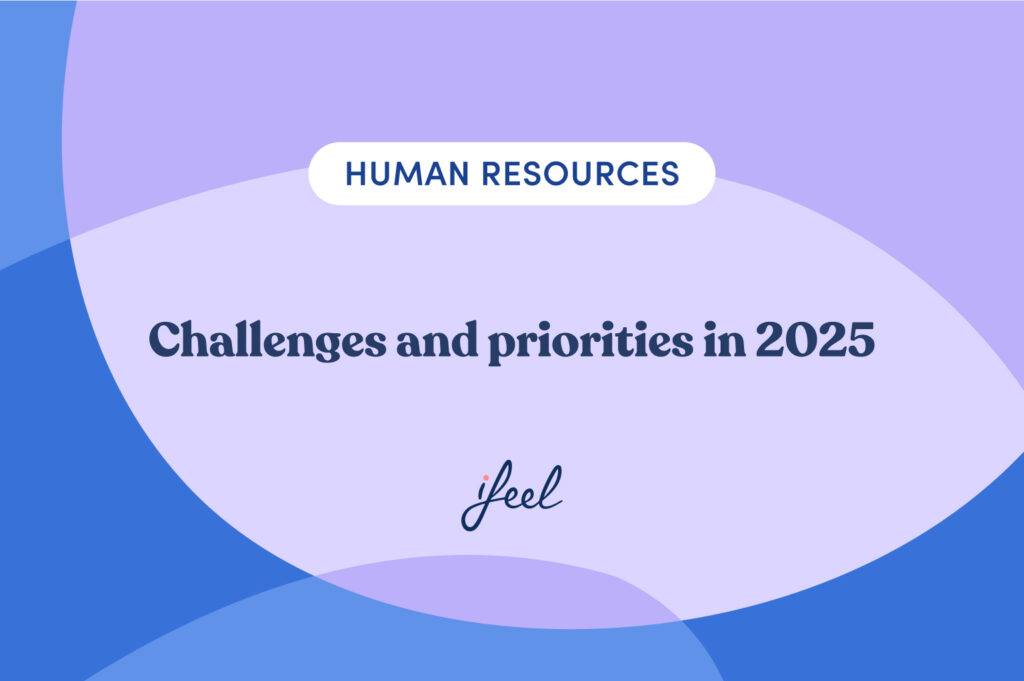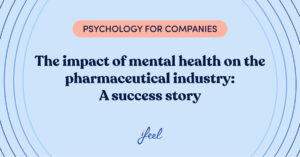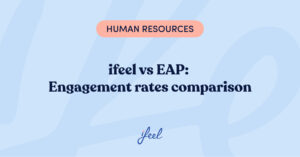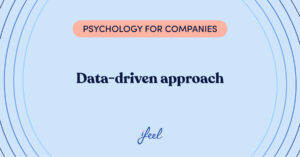As we move into the new year, HR challenges and priorities in 2025 are rapidly evolving. The future of work is shaped by technological advancements, shifting employee expectations, and global economic dynamics. Successfully navigating these changes requires a strategic approach to HR that prioritises flexibility, innovation, and employee engagement.
How can your enterprise address the key HR challenges of 2025 to build a resilient and future-ready workforce?
Understanding HR challenges and priorities in 2025
The HR landscape in 2025 is characterised by several pressing challenges and priorities. Below is a table outlining some of the core issues:
| Challenge/Priority | Description |
|---|---|
| Remote and hybrid work models | Balancing flexibility with productivity and maintaining company culture across diverse work settings. |
| Talent acquisition and retention | Attracting and retaining top talent in a competitive market, with an emphasis on diversity and inclusion. |
| Technological integration | Leveraging AI and automation to enhance HR processes while addressing employee concerns about job security. |
| Employee mental health | Prioritising mental health and work-life balance to improve employee satisfaction and performance. |
As organisations continue to evolve, addressing HR challenges and priorities in 2025 will be essential for long-term success. Companies that proactively tackle these challenges will be better positioned to foster innovation, enhance productivity, and maintain a competitive edge in the ever-changing world of work.
The Impact of HR challenges and priorities in 2025
Addressing these HR challenges and priorities in 2025 is crucial for both employees and enterprises. Here are some key impacts:
For the employee
- Greater job satisfaction and engagement through flexible work options and supportive policies.
- Enhanced opportunities for career growth and development in an inclusive environment.
- Improved well-being and work-life balance, leading to higher productivity.
For the enterprise
- Increased competitiveness in attracting and retaining top talent.
- More efficient HR operations through technology, leading to cost savings.
- Stronger organisational culture and resilience in adapting to change.
“Companies’ productivity needs an engine, and that engine, in the 21st century, can only be mental health. Any large or small corporation is very clear about the balance. It has to understand the balance between productivity and health: the health of our employees.“
How organisations can address HR challenges and priorities in 2025
Enterprises can take strategic steps to effectively tackle HR challenges and prioritise key areas:
Leverage technology
Studies show that 55% of HR leaders say their current technology solutions do not cover current and future business needs. Therefore, HR and other departments must start integrating AI and automation into HR processes can enhance efficiency. Addressing employee concerns about job security through transparent communication and training helps build a culture of trust and innovation.
Prioritise mental health
Providing resources for mental health and stress management is crucial for employee satisfaction. Encouraging a culture of work-life balance and support, through flexible work hours and well-being programs, such as ifeel, fosters a healthier and more productive work environment.
Focus on talent
To attract and retain top talent, organisations must implement robust diversity and inclusion initiatives. Offering competitive benefits and career development opportunities helps position the company as an employer of choice, fostering a diverse and skilled workforce.
Embrace flexibility
Companies should develop clear policies for remote and hybrid work arrangements to meet workforce demands. Investing in technology that supports seamless communication and collaboration, such as video conferencing and project management tools, ensures productivity across various locations.
By strategically addressing these HR challenges, enterprises can create a resilient and adaptable workforce ready to thrive in 2025. Emphasising technology, mental health, talent development, and flexibility positions companies to meet evolving demands and maintain a competitive edge in the rapidly changing business landscape.
Guide to embedding a DEIB Strategy in your Corporate Culture
To effectively navigate HR challenges and priorities in 2025 and foster an inclusive workplace, it’s crucial to integrate a robust DEIB (Diversity, Equity, Inclusion, and Belonging) strategy into your corporate culture.
Download our comprehensive guide, “Guide to Embedding a DEIB Strategy in Your Corporate Culture”, to gain valuable insights and actionable steps for creating a more equitable and inclusive environment. This resource will equip your organisation with the tools needed to attract and retain diverse talent, enhance employee engagement, and drive innovation.
Don’t miss out on this opportunity to transform your workplace culture. Download the guide today and start making impactful changes.
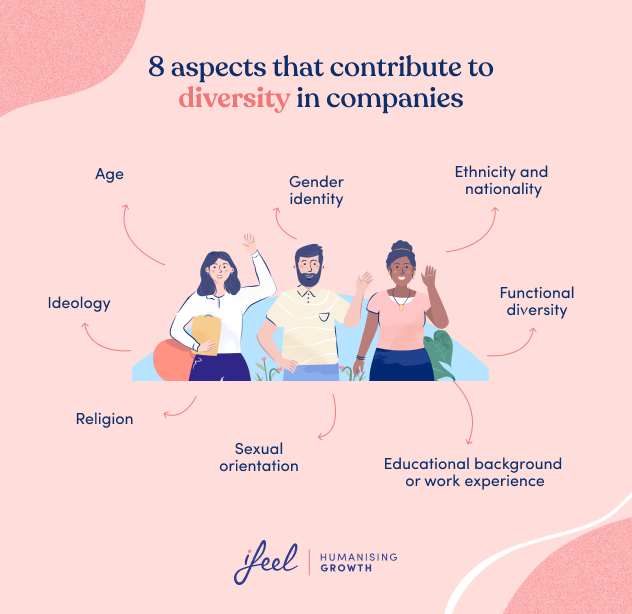
Quick HR assessment
To evaluate your enterprise’s readiness for 2025 HR challenges, consider the following questions:
Remote and hybrid work: How effectively are your current policies supporting flexible work arrangements? Are there gaps in technology that need addressing?
Talent acquisition and retention: What initiatives are in place to enhance diversity and inclusion? How competitive are your benefits and career development offerings?
Technological integration: How is your organisation leveraging AI and automation? Are there clear communication and training plans to address employee concerns?
Employee mental health: What resources and programs are available to support mental health and work-life balance? How is the culture of support reinforced throughout the organisation?
Reflecting on these questions helps HR leaders identify areas for improvement and develop strategies to tackle the challenges of 2025, ensuring a resilient and future-ready workforce.
The Leadership Lens🔎
Leadership is pivotal in addressing HR challenges and setting priorities for 2025. By fostering a culture of adaptability and inclusivity, leaders can guide their organisations through this transformative period. Demonstrating a commitment to employee well-being and technological integration, leaders can inspire confidence and drive organsational success.
Unlocking teams’ potentital through HR challenges and priorities in 2025
At ifeel, we believe that staying ahead of the game and understanding HR challenges and priorities in 2025 is key for a successful year ahead.
To support companies in this process, our team of expert workplace well-being psychologists has created a mental well-being solution for businesses that improves talent retention, reduces presenteeism at work, and combats employee stress.
With our mental well-being solution, your company’s HR managers can receive personalised, data-driven advice on improving mental health at work. In addition, this solution offers employees a 360° mental well-being solution structured at different levels according to their needs. Try our solution now to see how it could help you.
We hope you found this article on HR challenges and priorities in 2025 interesting. If you would like more information about our mental well-being solution for enterprises, simply request it and we will get in touch with your team as soon as possible.
